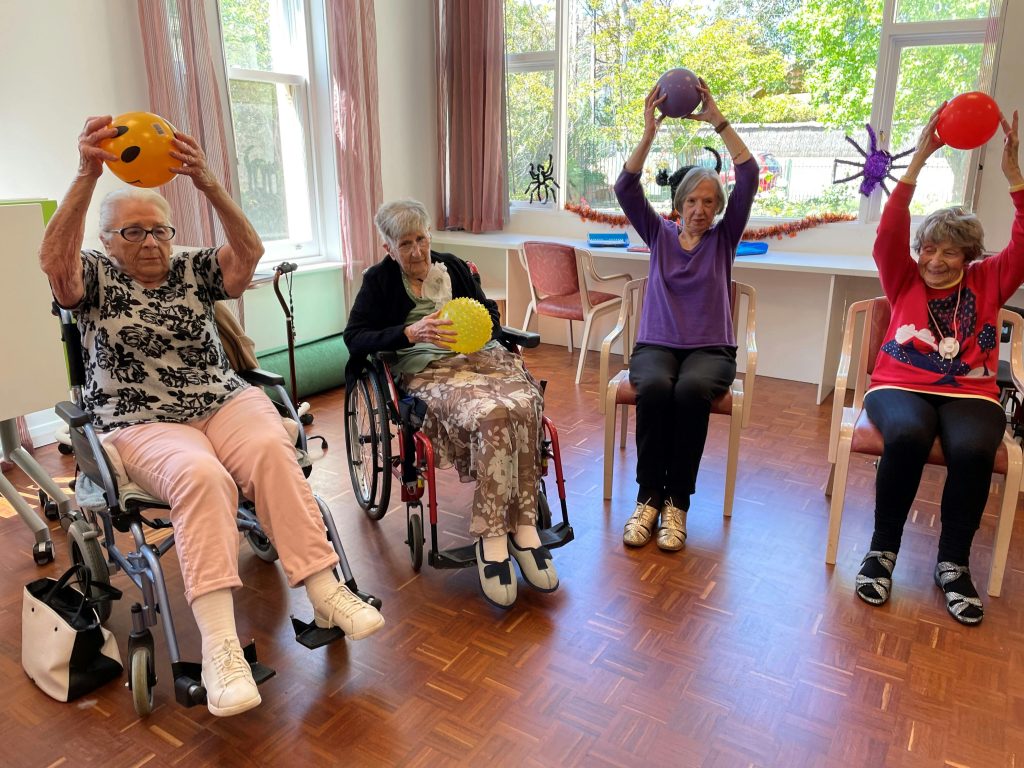Finding suitable memory care options for loved ones, families often navigate a complex landscape filled with emotions, questions, and the need for reliable information. This comprehensive guide aims to serve as an educational resource, offering families insights into memory care options, considerations, and empowering them to make informed decisions. From understanding the diverse types of memory care facilities to exploring key features and evaluating the unique needs of their loved ones, this guide covers a spectrum of educational content.
I. Understanding the Landscape of Memory Care
A. Types of Memory Care Facilities
Navigating the options begins with comprehending the types of memory care facilities available:
- Dedicated Memory Care Units: Specialized units within assisted living facilities focused on dementia care.
- Standalone Memory Care Communities: Facilities exclusively designed for individuals with memory-related conditions.
B. Differentiating Memory Care from Assisted Living
Differentiating Features
| Feature | Memory Care | Assisted Living |
|---|---|---|
| Staff Training | Specialized in dementia care techniques. | General caregiving training. |
| Security Measures | Enhanced security to prevent wandering. | Less emphasis on specialized security. |
| Structured Activities | Tailored activities promoting cognitive engagement. | Varied activities for general well-being. |
II. Key Features of Quality Memory Care
A. Personalized Care Plans
- Individualized Assessments: Customized care plans based on the unique needs and preferences of residents.
- Regular Evaluations: Ongoing assessments to adapt care as conditions evolve.
B. Safe and Stimulating Environment
Creating an Ideal Setting
| Element | Description |
|---|---|
| Secure Layout | Wandering prevention through secure layouts. |
| Sensory Stimulation | Engaging activities to stimulate residents’ senses. |
| Outdoor Spaces | Accessible and secure outdoor areas for recreation. |
III. Evaluating Staff Competency
A. Caregiver Qualifications
- Dementia Training: Assessing staff expertise in dementia-specific care.
- Compassion and Patience: Key qualities for handling the unique challenges of memory care.
B. Resident-to-Staff Ratio
- Impact on Care Quality: Lower ratios often correlate with more personalized attention.
- Understanding the Facility’s Approach: Inquiring about how they handle emergencies and challenging behaviors.
IV. Addressing Financial Considerations
A. Cost Factors in Memory Care
Financial Considerations
- Base Monthly Fee
- Inclusion of basic services such as room, board, and general care.
- Additional Services and Amenities
- Costs for specialized therapies, activities, and enhanced services.
- Fee Structures
- Understanding one-time fees, tiered pricing, and potential ancillary costs.
B. Navigating Insurance and Payment Options
- Long-Term Care Insurance: Verifying coverage for memory care services.
- Medicaid and Veterans Benefits: Exploring government assistance options.
V. The Decision-Making Process
A. Involving Family Members
- Open Communication: Family discussions to align on priorities and preferences.
- Incorporating the Loved One’s Wishes: Consideration of the individual’s preferences and values.
B. Facility Visits and Interviews
Facility Evaluation Checklist
- Observing Staff-Resident Interactions
- Assessing the quality of personal connections.
- Mealtime Atmosphere
- Gauging the ambiance during dining, a critical part of daily life.
- Resident Engagement in Activities
- Observing the level of participation and enjoyment.
VI. Navigating Emotional Challenges
A. Coping with Emotional Aspects
- Open Support Systems: Encouraging families to seek emotional support during the decision-making process.
- Transitioning to Memory Care: Strategies for helping residents acclimate to their new environment.
VII. Educational Resources for Families
A. Online Platforms and Support Groups
- Alzheimer’s Association: Comprehensive resources and online forums.
- Local Support Groups: Connecting with others facing similar decisions.
B. Professional Consultations
- Geriatric Care Managers: Professional assistance in assessing needs and identifying suitable options.
- Legal and Financial Advisors: Guiding families through the complexities of financial planning.
VIII. Conclusion
In conclusion, the journey of choosing memory care options for a loved one involves a multifaceted decision-making process. This educational content aims to empower families with the knowledge needed to navigate the complexities of memory care. By understanding the landscape, evaluating key features, addressing financial considerations, involving family members, and utilizing support resources, families can make informed decisions that prioritize the well-being and quality of life for their loved ones. As families embark on this path, may they find clarity and support in their quest for compassionate and effective memory care solutions.



